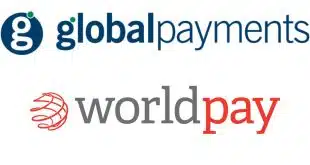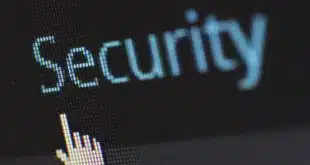In a sign of how fast an organization can convert paper transactions to electronic, the National Automated Clearing House Association announced today that the home-mortgage unit of Wells Fargo & Co. will process 88% of its payments electronically in the first quarter, up from 36% only a year ago and 19% four years ago. Accounting for the rapid change in the past year is the bank's adoption of so-called accounts-receivable-conversion processing, in which paper checks sent to a central location can be converted to an electronic format for settlement through the ACH. The ARC technology allows banks, utility companies, and other companies that accept huge volumes of checks from consumers to apply to corporate lockboxes the same electronic check conversion technology available for payments over the phone, on the Internet, and at the point of sale. It was enabled by a NACHA rule in March 2002. The Wells mortgage unit, the country's largest mortgage originator, adopted it last September, gradually rolling it out to four of its five regional lockboxes. Up to that time, it was offering automatic monthly and bi-monthly direct debits, telephone-based electronic payments, and electronic bill payment. Between early 2000 and early last year, these methods had increased the share of electronic transactions from 19% to 36%. With the adoption of ARC, the unit is now converting 2 million checks to electronic transactions each month, and will process a total of 11 million electronic payments in the first quarter. It expects to realize $2 million in reduced check fees and float advantage in the first full year of its ARC implementation. ARC is the fastest-growing form of electronic check conversion offered by the ACH. It accounted for 43.7 million transactions in the third quarter of 2003, not counting on-us transactions, up from 5.3 million in the year-earlier period. Some experts question whether the ACH can maintain high growth rates for electronic check conversion given that banks will be able to exchange electronic check images and so-called image-replacement documents starting in October under the recently enacted Check Clearing for the 21st Century Act, or Check 21.
Check Also
Better Defenses Make It Harder to Perpetrate Fraud, a Report Finds
Ransomware demands and payments declined in 2024, thanks to a combination of better law enforcement …





